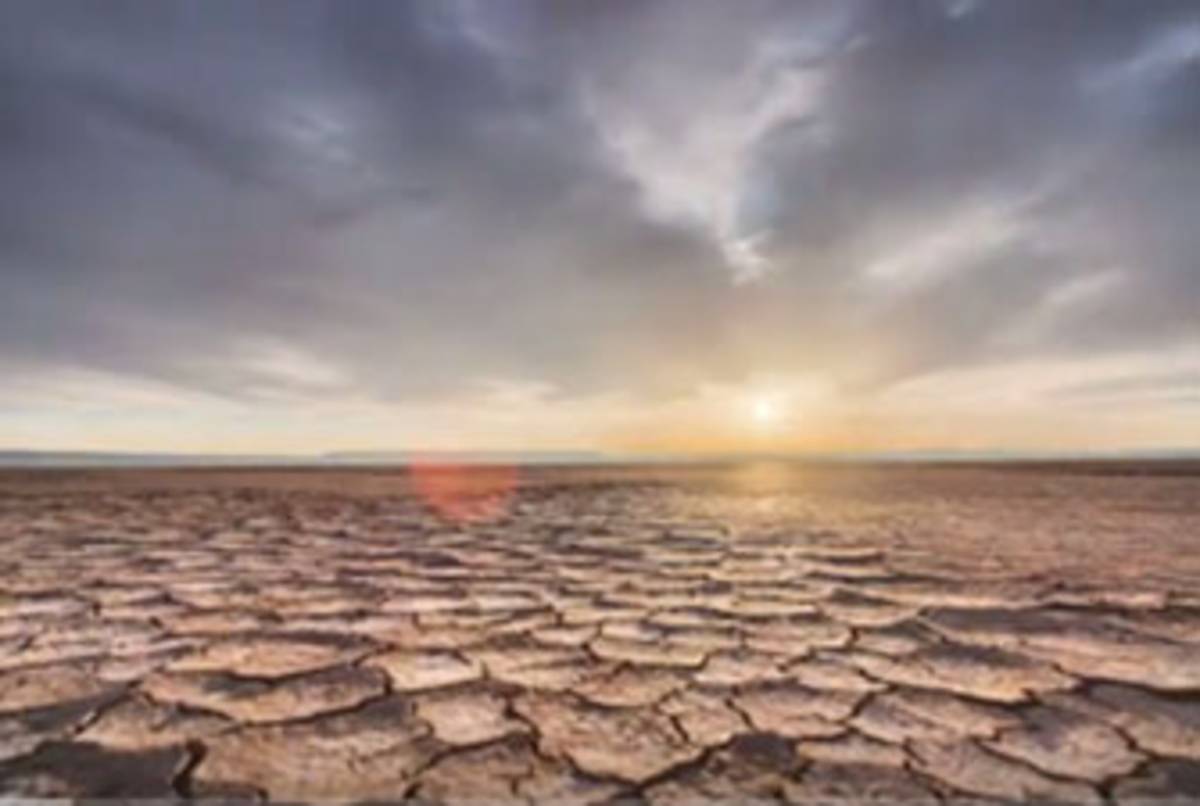Videolink:https://www.youtube.com/watch?v=BHQ8amOTCjY
Stakeholders helped construct four different scenarios describing alternative projections of how climate and society may change during the 21st century in four European case study regions: in Hungary, Iberia, Scotland, Europe as a whole, and a fifth in central Asia, a strategically important region for Europe. Stakeholders also developed a desirable vision for each case study region by 2100, describing aspirations for governance, energy, social equity, living and lifestyles, the environment and other factors essential to human well-being.
“IMPRESSIONS pioneered a type of climate change impact analysis in which stakeholders played a decisive role in the outcomes of research. Their sectoral and regional expertise was crucial in defining visions for the future and co-designing solutions for attaining those visions”, says Professor Timothy Carter from the Finnish Environment Institute.
Radically different institutional arrangements are needed
A key finding of the project was that benefits under some high-end scenarios in a few regions and sectors are more than offset by detrimental effects in many others. For example, increases in agricultural and forest productivity in parts of northern Europe are offset by severe water scarcity and loss of productivity in southern Europe and many parts of central and Eastern Europe.
Results showed that beyond the 2 °C threshold, for many sectors and regions the impacts of climate change would be too severe for conventional solutions to be applied. Instead we need to adopt transformative solutions involving radically different institutional arrangements for leveraging synergies between adaptation and mitigation efforts and linking to sustainable development.
"Our research demonstrated that all impacts are more severe under higher levels of climate change. Three pathways of transformative solutions emerged as common to all case studies: promoting sustainable lifestyles through education and awareness raising; good governance for sustainability and climate resilience that is participatory and transparent, and integrated and sustainable resource management that ensures both resource security and environmental protection,” says Professor Paula Harrison from the Centre for Ecology & Hydrology (CEH), the coordinator of the project.
Stefan Fronzek
Timothy Carter
SYKE papers
- Project home page: http://impressions-project.eu
- Special issue of IMPRESSIONS in Regional Environmental Change: https://link.springer.com/journal/10113/19/3 (SYKE papers: https://rdcu.be/btecc, https://rdcu.be/bted6, https://rdcu.be/bteeW, https://rdcu.be/btefv)
- Information hub of IMPRESSIONS that provides a concise summary of both the results of the project and the methods and approaches that were used: http://www.highendsolutions.eu
